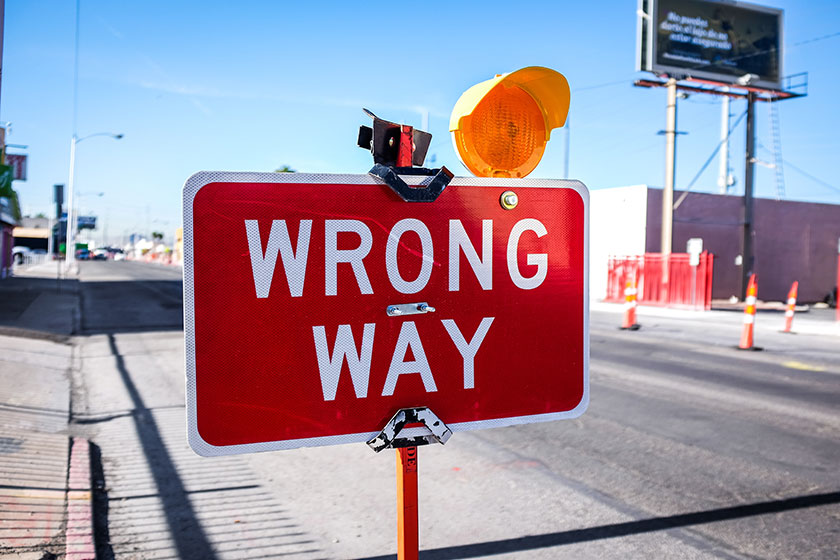
In prison, making decisions isn't very difficult: make the right choice and you'll disappear into the crowd. But what happens when there's more than one 'right choice?'

In prison, making decisions isn't very difficult: make the right choice and you'll disappear into the crowd. But what happens when there's more than one 'right choice?'
In the highly partisan environment of Washington, DC, there is precious little on which policy makers and influencers on both sides of the political divide can agree. The subject of criminal justice reform, however, appears to be one of the few where Republicans and Democrats are willing to work together to enact meaningful change.
The dire consequences of a felony conviction last far longer than a term of years in prison followed by additional years of parole. In addition to those direct punishments, offenders are denied licenses for many jobs, lose their right to vote, and cannot possess guns.
I have some very good news: after nearly four decades of explosive growth, the prison population in the U.S. has dropped for the second year in a row. Inmate counts fell in about half the states in each year, according to the December 2012 data released by the Bureau of Justice Statistics.
A new report finds that there has been a significant narrowing of the racial disparities in prison population. That is welcome news to PFM. Racial disparity in prisons is obvious the minute you enter a correction facility. There is no denying it.
The Gospel tells us the good news: that Christ died on the cross so that each of us can enter into fellowship with Him (1 Corinthians 1:9).
We are also called to have fellowship with one another (1 John 1:7). Prison Fellowship Ministries, as indicated by our title, seeks to cultivate fellowship inside prison walls.
As Americans face the prospect of continued divided government and partisan gridlock, a Washington Monthly article offers hope for bi-partisan cooperation on a surprising issue: crime.
In “The Conservative War on Prisons” David Dagan and Steven Teles report that serious criminal justice reform efforts are in high gear in several states these days, with conservatives taking the lead.
The Justice Roundtable honored Pat Nolan for his work on the Second Chance Act and the Fair Sentencing Act at their 10-year anniversary awards banquet on October 4. Legislative staff joined advocates from a myriad of organizations that support criminal justice efforts around the country gathered to applaud the eight Justice Roundtable Advocacy and Legislative Champions.
Should there be exceptions to judgments for life without parole if the offender is a juvenile? In an op-ed piece in the San Diego Union-Tribune, Justice Fellowship President Pat Nolan and former Speaker of the House Newt Gingrich argue that such incarceration is unjust, is an unwise use of taxpayer funds, and fails to make society safer.
Restoration Partners give monthly to bring life-changing prison ministry programs to incarcerated men and women across the country.
JOIN NOW